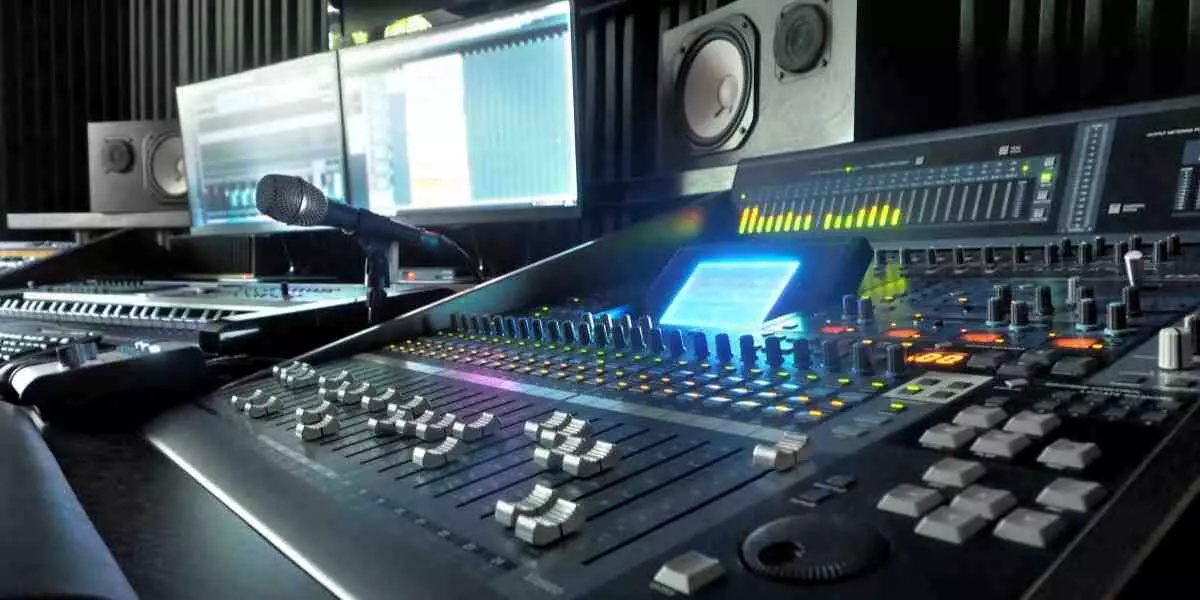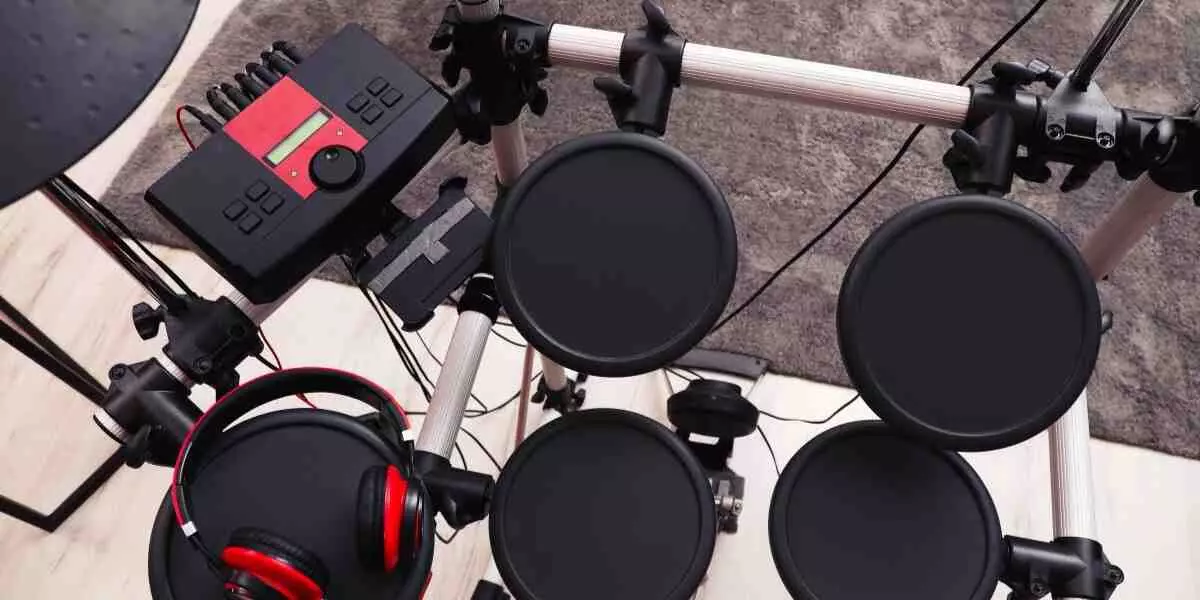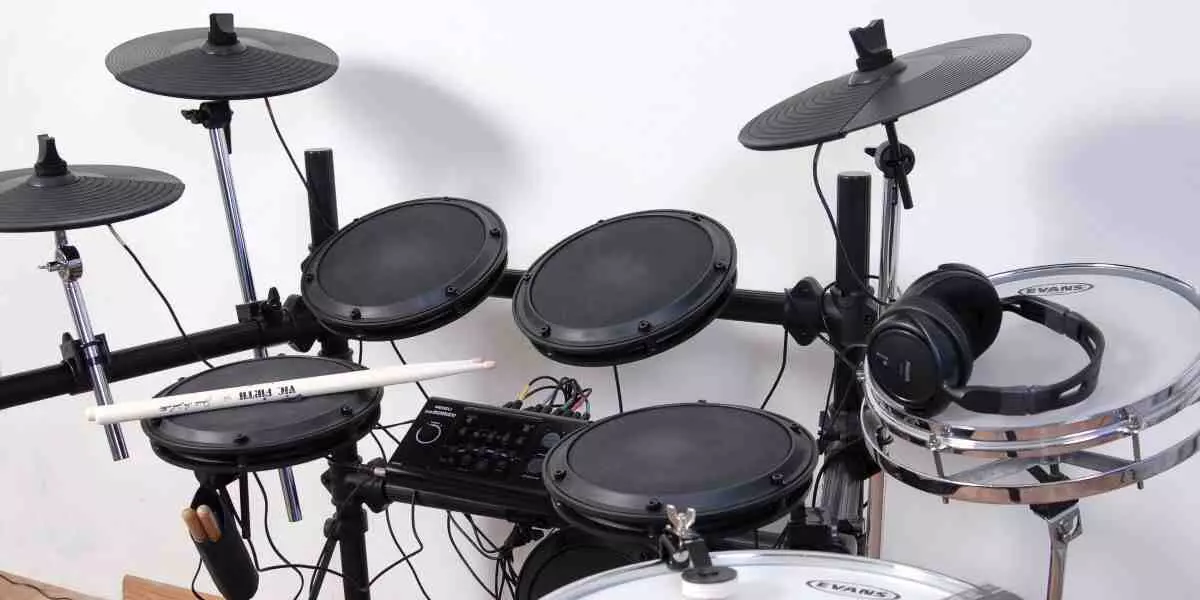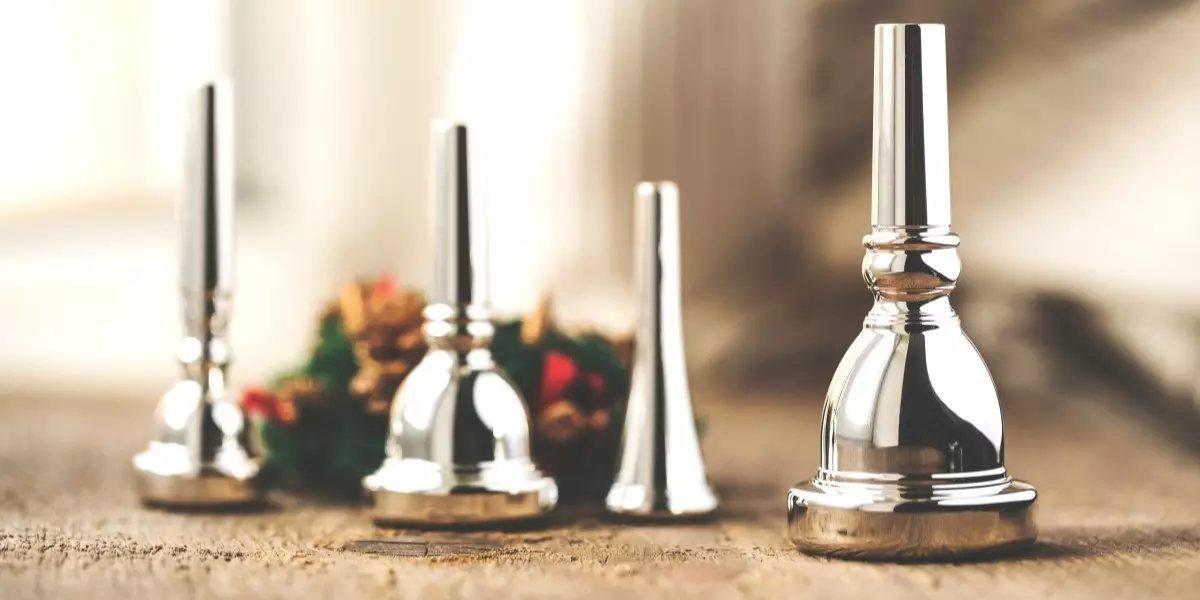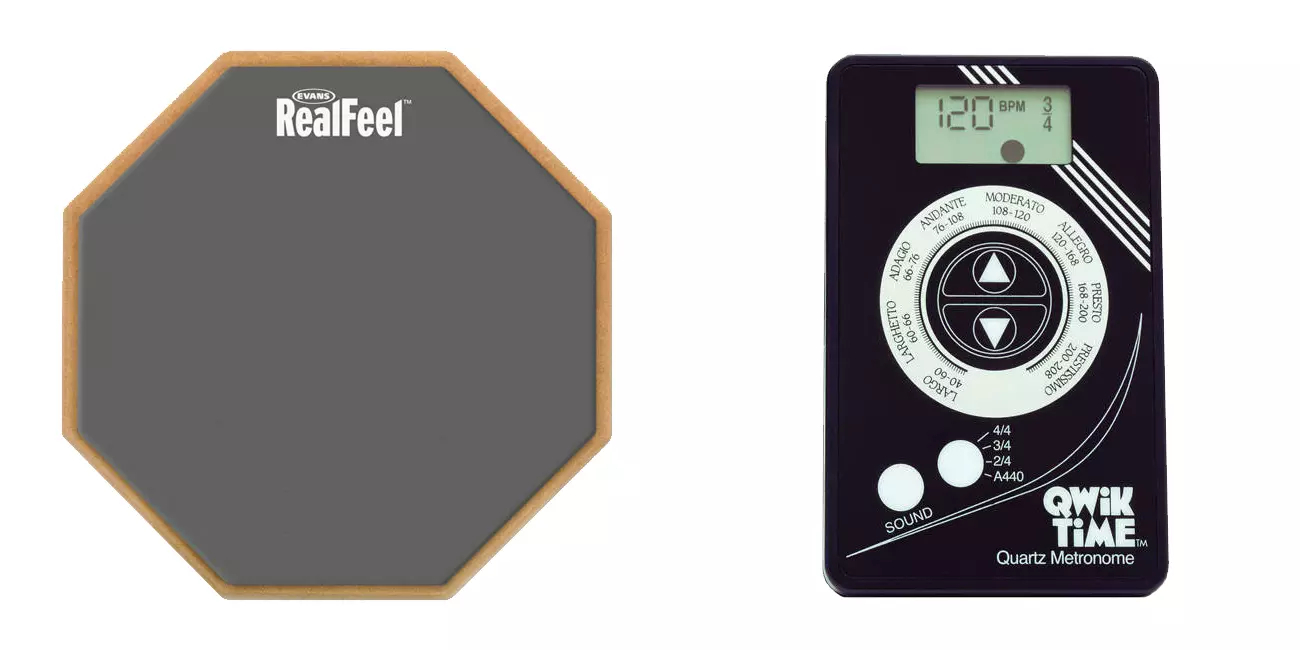6 Things to Consider BEFORE You Sit Down to Practice

1. WHAT ARE YOUR GOALS?
You can always get in your car and go for a drive, but the journey is always smoother when you know the destination before you leave your driveway.
If you are a working drummer, finding inspiration for your next practice session should be easy. Do you have new songs to learn? Are there feels (reggae, salsa, ska) that you haven't mastered? Did you flub a fill last show? Are you going to audition for a country band, but can't train-beat to save your life? Well...you know where to start.
But what if you aren't in a band, or don't have specific repertoire items to work on?
It is humbling, but you need to make an honest assessment of your skills. How are your rudiments? How are your shuffles? What about your odd-time grooves and bass drum control?
EVERYONE has a weak spot. Find yours so you can make it stronger.
Sign up for lessons at your local Long & McQuade today!
2. HOW MUCH TIME ARE YOU GOING TO PRACTICE?
You can accomplish amazing things by dedicating just a few minutes a day to organized, regimented and thoughtful work on a practice pad.
Don't believe it? Try this:
Set your alarm ten minutes earlier every day for the next two weeks. Spend that extra ten minutes before you leave the house doing paradiddles on a practice pad. Just paradiddles. Use a metronome, and work on accenting different notes in the pattern every day. At the end of two weeks, you will see huge improvements in your coordination.
Challenge yourself to set a time to practice and stick to it. If you have a full-time job and a couple of kids, try to schedule a few 20-30 minute blocks in the week. Don't set unrealistic goals! You don't need a lot of time; just make the most of what you have.
Consider setting a maximum time for practise sessions. Once you get tired or bored you won't make any more headway. Hammering out doubles on a pad for six hours won't help if you are distracted or tired. Practice needs to be mindful.
Try to schedule some “play time” in your practice. Making music is fun, so don't make it all work. Once you've done your daily practice, give yourself some time to enjoy the instrument!
We've got a great selection of drum pads and metronomes!
3. WHAT TOOLS ARE YOU GOING TO USE?
Whether you use an acoustic kit, electronic kit, a practice pad, or your hands on your knees, incorporate a timekeeping tool of some sort.
Get a metronome app for your smartphone. Or just grab your iPod...any music recorded to a click works just as well as a metronome. (Practising rudiments to your favourite rock ballad will pass the time a lot faster than working your ratamacues to a 105 bpm click.)
Use your smartphone for more than just a metronome. Use the camera to record your practise session. Have you looked at your wrist technique lately? Is it relaxed and fluid? Ten seconds of video can answer that question. Record some audio to check how clean your kick drum technique is...in fact, record yourself whenever you can!
Record your practice sessions with the best gear! Check out our selection of handheld recorders and video recorders!
4. HOW WILL YOU MEASURE SUCCESS?
If your goals were specific, such as: “being able to play double paradiddles forward and backward at 170 bpm” or “learn the guitar solo section of Bravado by Rush,” then there is no question whether or not you've achieved it.
But what if you want to have “more fluid technique,” or “more bass drum independence”? Those things are more difficult to quantify. The key is to constantly measure, which is why recording yourself is such a great idea. If you record your practice today and compare it to your practise session a month or two from now, you should see an appreciable improvement. If you don't, find a teacher to help you achieve your goals!
Finally, if you think you've got a grip on an aspect of drum set playing, simply ask yourself if you could teach it to a beginner. If you couldn't, you still need to work on it for yourself.
5. IS THERE ANY REASON YOU SHOULDN'T PRACTISE TODAY?
Some days suck. Are you injured, sick, too tired to move, or just uninspired? Skip practice. It's okay. The drums will still be there tomorrow, next week, or next month.
Just remember two things:
- There are few things that will lift your spirits like sitting behind the kit and bashing out a solid “2 and 4”.
- It's cliche, but if you aren't moving forward, you are moving backwards. Every day you don't work at your craft, you lose a day of the hard work you've already put in.
If you need some inspiration, read or watch interviews with professional drummers. They will likely mention something they are working on. If Steve Gadd, Neil Peart and Dave Weckl are still finding reasons to hone their skills, you can too.
6. HOW MUCH IS ENOUGH?
No matter what role the drums play in your life, don't let your practise regimen interfere with your job, relationships or school work. Don't commit more time or energy than you can comfortably give to your instrument. Obsessive practising may lead to some short-term gains - but slow, steady and lasting improvement is a healthier goal.
FINALLY:
Not everyone who plays golf wants to join the PGA. – Similarly, many people play drums solely for fun and relaxation. Take what you want from this article to improve your playing, but don't feel obligated to follow every piece of advice!
Taking the time to consider these six points before you sit down to practise drums – or any musical instrument, for that matter - should help you make the most of your time and effort!
* * *
Tony Bouma (“Tony B.”) is a drummer, martial artist and painter living in Southwestern Ontario. In his 25-plus years behind the kit, he has backed numerous rock, blues and country acts on local and regional levels.
Tony works at Long & McQuade in Cambridge.

